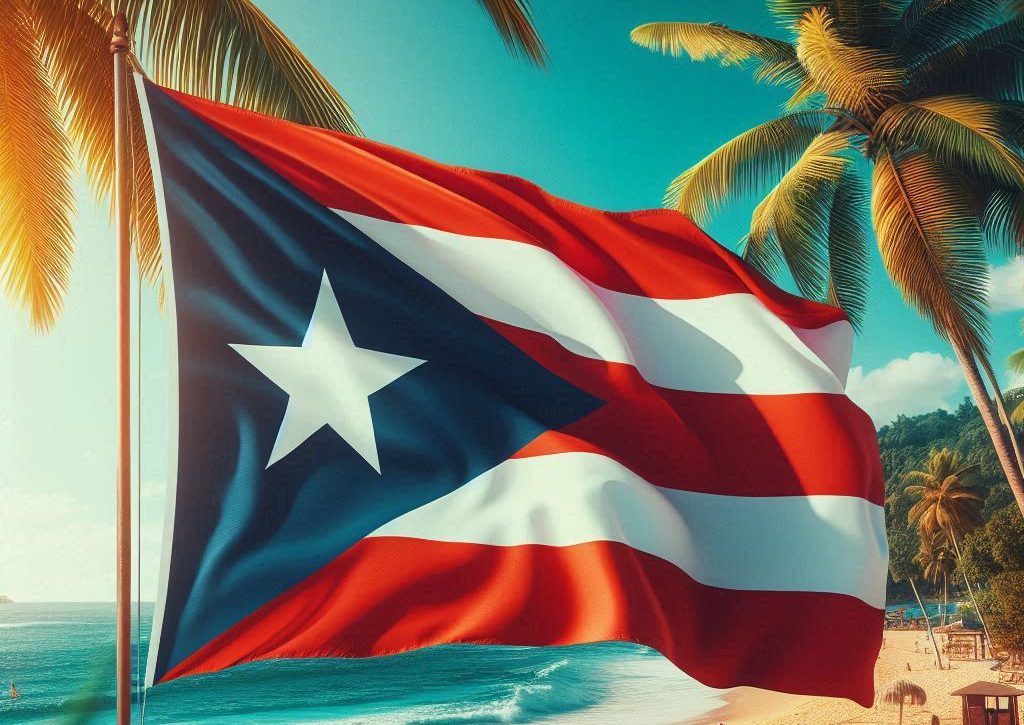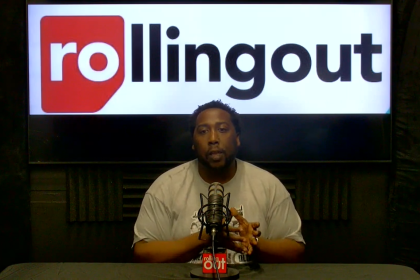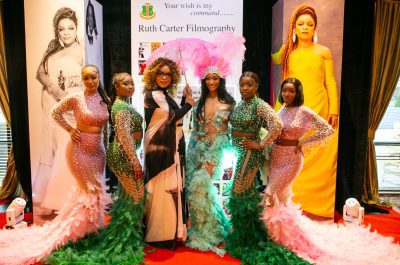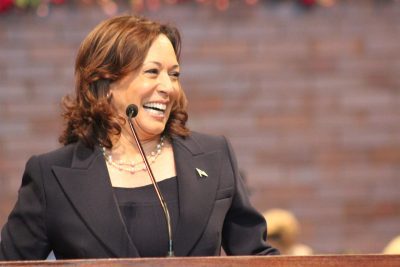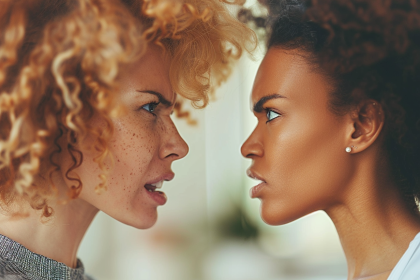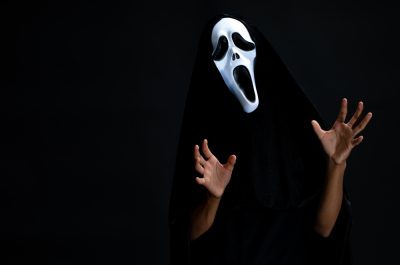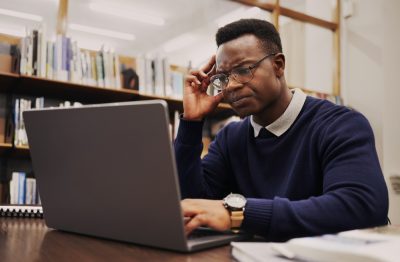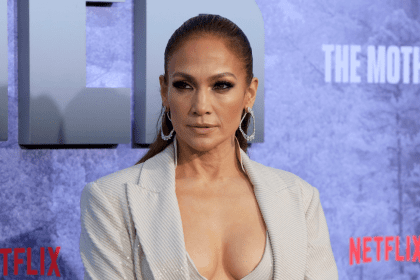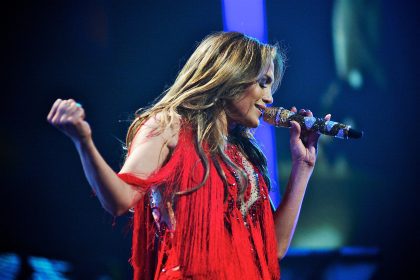When Jennifer Lopez addressed discriminatory comments about Puerto Rico at an Oct. 31 Nevada campaign event for Vice President Kamala Harris, she touched on tensions that stretch back to 1898, when the United States acquired the island through the Treaty of Paris. Her defense of Puerto Rican dignity echoes more than a century of resistance against colonial treatment, from the Gag Law of 1948 to the ongoing debt crisis.
Between two worlds
The story of Puerto Rico’s relationship with the mainland United States mirrors the complex identities many Puerto Ricans navigate daily. From the Jones-Shafroth Act of 1917 — which granted U.S. citizenship to Puerto Ricans while maintaining territorial status — to the present-day struggles for self-determination, the island’s people have consistently fought for recognition and respect.
This history provides crucial context for Lopez’s response to comedian Tony Hinchcliffe’s offensive remarks at Madison Square Garden on Oct. 27. The venue itself holds significance as a landmark where Puerto Rican artists, from Tito Puente to Bad Bunny, have celebrated their culture despite persistent discrimination.
Cultural resistance through artistry
Puerto Rican influence on American popular culture represents a form of resistance that transcends political boundaries. The impact spans decades:
- The mambo revolution of the 1950s
- The Latin boogaloo movement in the 1960s
- Salsa’s emergence in the 1970s
- Hip-hop’s Puerto Rican pioneers in the 1980s
- Reggaeton’s mainstream breakthrough in the 2000s
Lopez herself stands in this tradition of cultural ambassadorship, following pioneers like Rita Moreno, who fought Hollywood stereotypes while winning EGOT status, and Raul Julia, who brought Shakespeare to the masses while never compromising his identity.
Beyond entertainment
The relationship between Puerto Rico and the mainland United States remains complicated by economic and political realities:
- PROMESA’s controversial oversight board
- Hurricane Maria’s devastating aftermath
- Ongoing statehood debates
- Persistent economic challenges
- Limited political representation
Lopez’s advocacy at the campaign event connects to these broader struggles for sovereignty and dignity. Her presence alongside Vice President Harris highlights how Puerto Ricans continue navigating political spaces while maintaining cultural identity.
Power through perspective
The surge of Puerto Rican political engagement following Hurricane Maria’s mismanaged response demonstrates how crisis can catalyze change. Lopez’s call for unity resonates with historical moments of Puerto Rican solidarity:
- The Young Lords’ activism in the 1970s
- The Vieques protests of the 1990s
- Post-Maria mutual aid networks
- Contemporary decolonization movements
- Grassroots environmental justice initiatives
Cultural legacy as political power
Puerto Rican contributions to American culture extend far beyond entertainment:
- Justice Sonia Sotomayor’s groundbreaking jurisprudence
- Lin-Manuel Miranda’s revolutionary theatrical productions
- Alexandria Ocasio-Cortez’s political impact
- Miguel Algarín’s Nuyorican Poets Cafe legacy
- Julia de Burgos’ enduring literary influence
These achievements demonstrate how cultural excellence challenges discriminatory narratives while advancing social progress.
The struggle continues
Contemporary challenges facing Puerto Rico include:
- Persistent colonial status questions
- Environmental vulnerabilities
- Health care disparities
- Educational system struggles
- Economic recovery obstacles
Lopez’s advocacy connects these current issues to their historical roots while emphasizing the importance of political engagement.
Moving forward
The response to Hinchcliffe’s comments reflects ongoing tensions between progress and prejudice. While Puerto Ricans have shaped American culture profoundly, from West Side Story to Hamilton, discrimination persists. Lopez’s platform allows her to highlight these contradictions while advocating for change.
Beyond symbolism
Puerto Rico’s influence on American society demonstrates how cultural impact can transcend political limitations. From salsa to reggaeton, Puerto Rican artists have consistently turned cultural expression into social power. Lopez’s career exemplifies this tradition, using mainstream success to amplify Puerto Rican voices.
The path ahead
As Puerto Rico continues facing challenges from climate change to economic recovery, cultural advocacy remains crucial. Lopez’s response to discrimination reflects centuries of Puerto Rican resilience while pointing toward future possibilities for progress.
The intersection of entertainment and advocacy has long characterized Puerto Rican resistance to colonialism. From Arturo Alfonso Schomburg‘s preservation of Black history to Jennifer Lopez’s current platform, cultural work creates space for political change.
Lasting impact
Lopez’s defense of Puerto Rican dignity at the campaign event connects to larger questions about representation, respect and self-determination. As Puerto Rico navigates ongoing challenges — from disaster recovery to political status debates — cultural advocacy remains a powerful tool for change.
The conversation sparked by this incident demonstrates how entertainment figures can amplify serious political discussions. While some dismiss celebrity activism, Puerto Rican artists have long used their platforms to advance social justice, from Eddie Palmieri’s protest songs to Bad Bunny’s critiques of privatization.
As new generations engage with questions of identity and power, Puerto Rico’s cultural influence continues growing. Lopez’s advocacy reminds us that entertainment success can serve larger purposes of community empowerment and social change.

